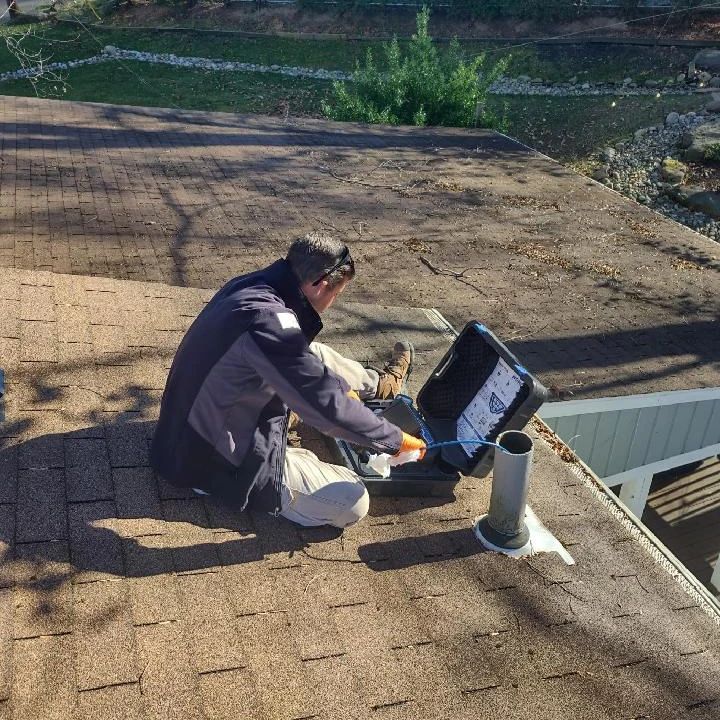Choosing the Right Home Inspector: Your Guide to a Confident Decision

When it comes to buying a home, the importance of a thorough home inspection cannot be overstated. It’s like giving your future home a check-up to ensure it’s in tip-top shape. But how do you choose the right home inspector? Let’s walk through some simple steps and key qualities to look for, so you can make a confident decision.
Start with Certification
First things first, ensure your potential home inspector is certified. Certification typically comes from a recognized organization like the American Society of Home Inspectors (ASHI) or the International Association of Certified Home Inspectors (InterNACHI). Certification means they’ve met certain industry standards and are committed to ongoing education.
Experience Matters
Experience is gold in the world of home inspections. Look for an inspector who has conducted a substantial number of inspections, ideally in your region. A local expert is more likely to be familiar with common issues in your area.
Ask for References
Don’t hesitate to ask for references or testimonials from previous clients. A reliable home inspector should be more than willing to provide these. Reach out to past clients if you have any doubts.
Check for Insurance
Professional home inspectors carry errors and omissions insurance as well as general liability insurance. This insurance provides protection in case they miss something during the inspection that later turns out to be a problem.
Inspect Their Inspection
Inquire about the scope of their inspection. A good home inspector should cover all major systems, including the roof, foundation, plumbing, electrical, HVAC, and more. Make sure you’re getting a comprehensive inspection.
Report Clarity
A clear, detailed, and well-organized inspection report is crucial. It’s your roadmap to understanding the condition of the property. Ask to see a sample report to gauge its readability and thoroughness.
Communication is Key
Your home inspector should be an effective communicator. They should be able to explain complex issues in a way you can understand. If they can’t answer your questions or provide explanations, that’s a red flag.
Cost Considerations
While cost is a factor, don’t let it be the sole decision-maker. A low-priced inspector might cut corners. It’s an investment in your future, so prioritize quality and reliability over the cheapest option.
Get a Feel for Their Approach
During your initial conversation, try to get a sense of their approach. Are they focused on the job, attentive to detail, and customer-oriented? Your comfort level with the inspector matters.
Trust Your Gut
Finally, trust your instincts. If something doesn’t feel right or you’re not entirely confident in the inspector, keep looking. This is a significant decision, and you should have complete trust in your chosen professional.
Choosing the right home inspector might take a bit of research, but it’s an essential step in ensuring the safety and integrity of your new home. With the right inspector by your side, you can embark on your homeownership journey with confidence and peace of mind.
